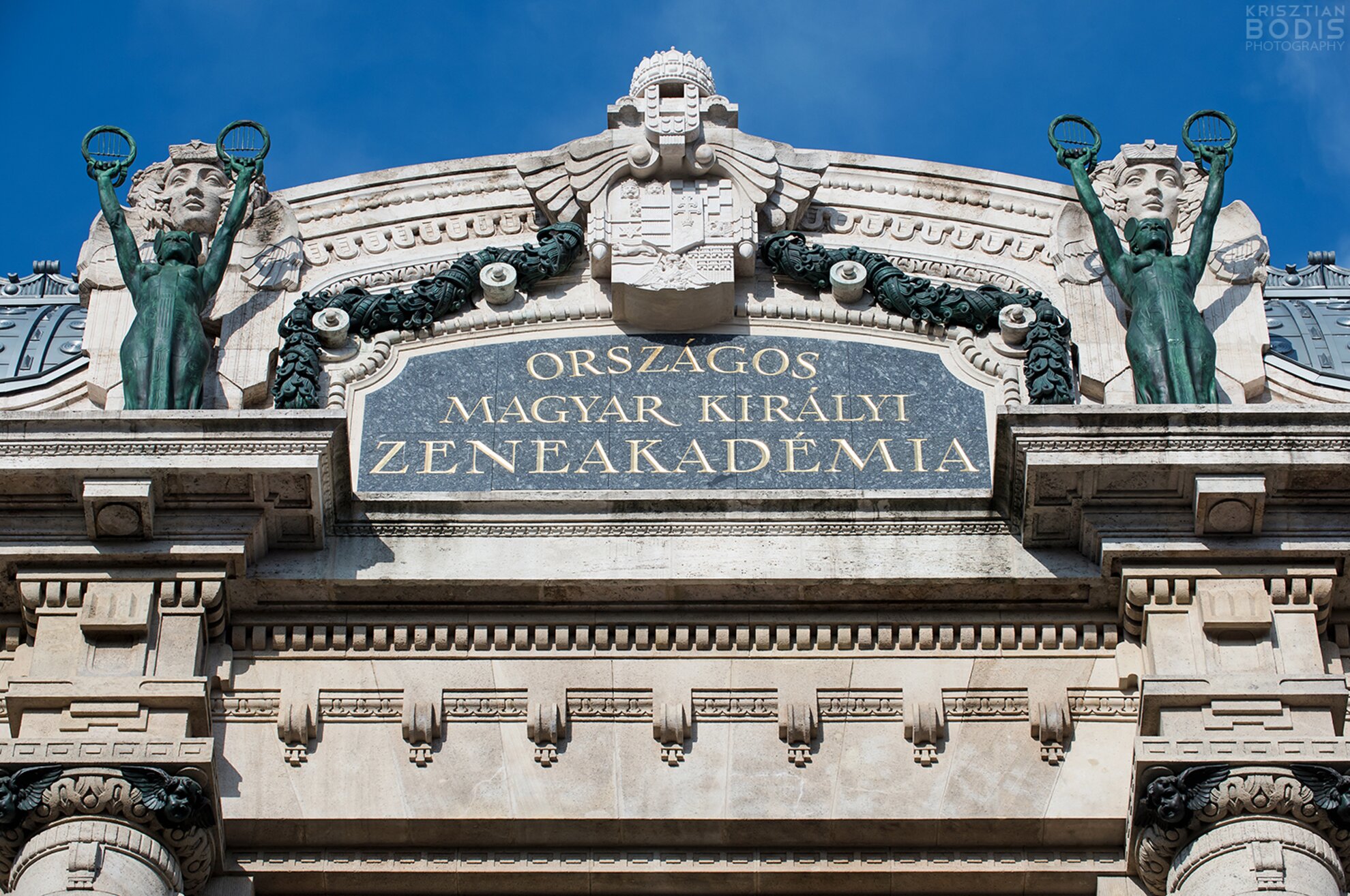Led by pioneering artistic director and conductor Máté Hámori, the Danubia Orchestra Óbuda are playing a number of specially streamed shows at the Franz Liszt Music Academy.
As Máté told We Love Budapest before the run started in September. “So many orchestras perform the classics to guarantee a crowd. We’re testing the boundaries. I’ve deliberately chosen pieces that Hungarian audiences might be less familiar with”.
“I hardly ever get to perform Benjamin Britten, while László Lajtha’s Seventh ‘Revolution’ Symphony is closely linked to the events of 1956, yet many Hungarians don’t know it.”
The series runs for two more nights after this, on 20 November and 18 December.
Early in his career, László Lajtha worked with the likes of Béla Bartók and Zoltán Kodály. Later Music Director of Hungarian Radio, Lajtha was punished by the authorities for outstaying his welcome in the West.
After the failed Uprising of 1956, he composed his Seventh Symphony and lived out his last years on Váci utca in relative obscurity. A plaque and fountain mark the house at the corner of Havas utca.

The DOO also play Tchaikovsky’s Fifth Symphony. The performance starts tonight at 7.30pm. Ticket details here. Streaming information here.



